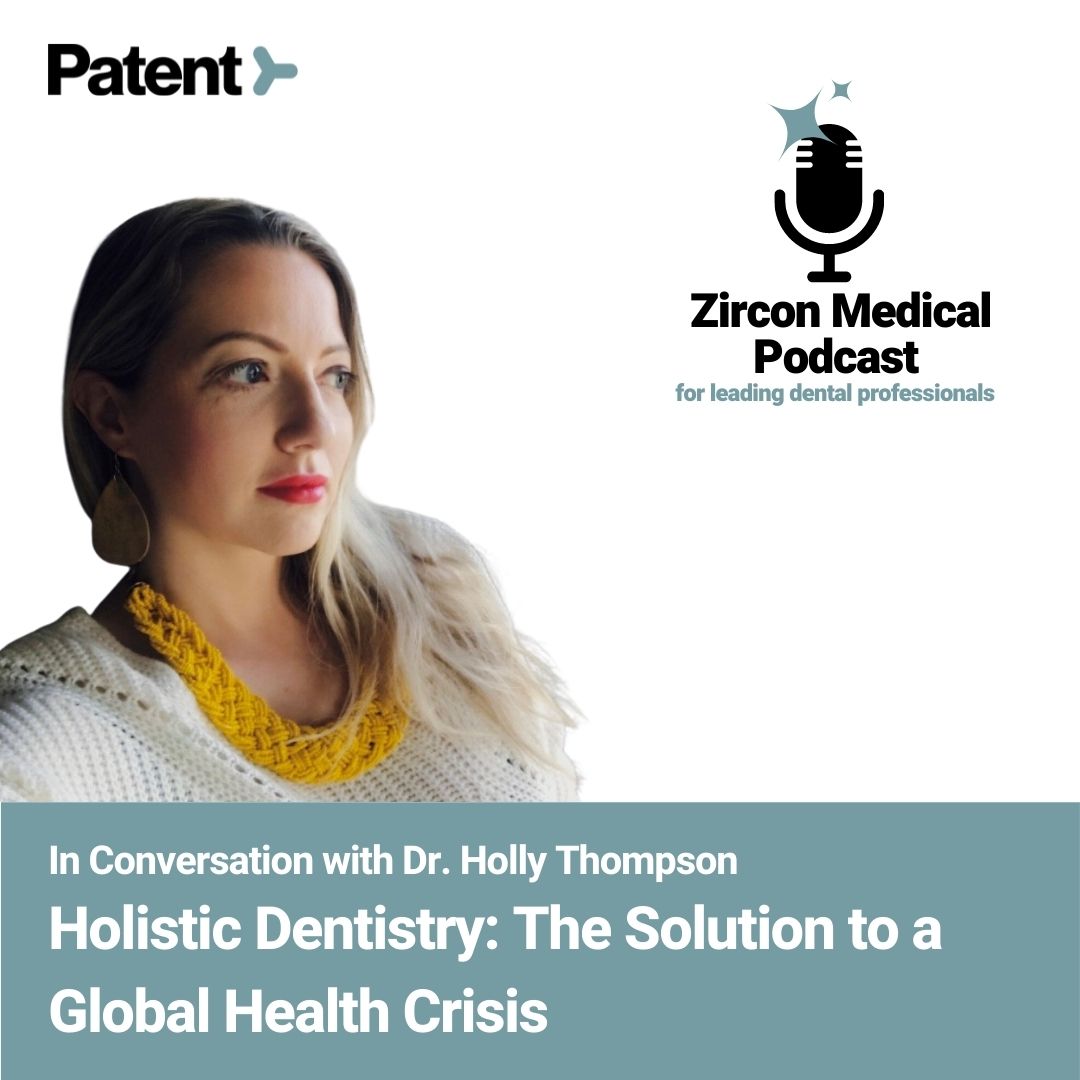Dr. Holly Thompson
Biological Dentist at Natural Smiles Dental Care, USA
Doctorate from the University of Minnesota School of Dentistry
Considers the whole body and system when treating teeth
Fascinated about a biological approach to dental surgeries
Advanced training in ceramic dental implant placement
Website: http://www.naturalsmilesdental.com/
Instagram: https://www.instagram.com/drhollyannthompson
Facebook: https://www.facebook.com/Natural-Smiles-Dental-Care-1464932220388097
3434 Lexington Ave N # 700, Shoreview, MN 55126, United States
In Conversation with Dr. Holly Thompson
Even as the concept of biological dentistry and holistic dentistry become more commonplace, traditional institutions, such as dental schools, continue ignoring them. But for the first time in 2 centuries, the current generation of children may have shorter life expectancies than their parents. Traditional health practices overly reliant on synthetic and metallic materials might be to blame. In that landscape, biological dentistry isn’t an alternative trend — it’s an existential necessity. Our Zircon Medical Podcast recently hosted Dr. Holly Thompson, the biological dentist at Natural Smiles Dental Care, USA, to discuss how holistic dentistry is the solution to a global health crisis.
Introducing Dr. Holly Thompson, the biological dentist at Natural Smiles Dental Care, USA
Dr. Holly Thompson completed her doctorate from the University of Minnesota — School of Dentistry. She spent over 15 years as a traditional dentist, and she pivoted into a biological dental clinic about 3 years ago when she was pursued by Natural Smiles Dental Care in Shoreview, Minnesota, USA. She now considers the whole body when treating patients and focuses exclusively on biocompatible solutions and materials, such as ceramic dental implants instead of zirconia implants.
Dr. Thompson says she took up dentistry at the young age of 20 because it seemed like a noble profession that involved helping people and working with their hands. But as she proceeded with traditional dentistry, she was disappointed to realize that she wasn’t really changing lives. Most of her time consisted of doing basic dental work and fillings, which didn’t have the transformative effect she hoped. Her passion for dentistry truly emerged three years ago when she started working as a biological dentist.
The sophistication of holistic health patients
Dr. Thompson says there’s a massive difference between the patients who visited her traditional dental clinics and those who visit her now. She says there aren’t a lot of holistic dentists in the Midwest, so patients often drive long distances or even take flights to visit her dental clinic. Holistic health patients are generally incredibly sophisticated in their knowledge levels, and they’re actively excited about their treatments and about meeting the dentist. Dr. Thompson says she has learned a lot from her patients.
Alleviating patient anxieties during treatment
Dr. Thompson says patients are generally anxious about seeing dentists (traditional dentists) because the mouth is a sensitive area of the body with a lot of nerve endings. It’s also a vulnerable part of the body. And in the past, doctors often recommended fillings and treatments without a deeper explanation about the necessity of treatment. And lots of dental treatments from the past have left patients with more health issues, which has further chipped away at trust.
However, Dr. Thompson says things are certainly changing. A lot of traditional dentists now do a good job of informing patients about why they need certain treatments. When she gets patients, Dr. Thompson shows the patients exactly what they need, guides them through the 3D scan, highlights the infection, and talks to them about the tooth-body meridian chart. She illustrates how oral health issues are connected to overall health problems.
Patients are more responsive to treatments when they understand how their oral health is linked to the systemic issues they experience.
The declining life expectancy amongst children
Dr. Thompson says we have never been more unhealthy as a society, with a higher level of inflammation and obesity than ever before. She cites a book called “Can’t Even: How Millennials Became The Burnout Generation” by Ann Helen Peterson, which explores why children born in this generation won’t live as long as their parents. Life expectancy is for the first time on a decline because of recent societal shifts that run contrary to human evolution.
“Somehow, we’ve been putting a lot of synthetic things in our bodies,” Dr. Thompson says, “whether it’s medications or food, or even in how we engage with people, such as social media. A lot of what we’re doing now isn’t the norm and isn’t how we’ve survived or evolved as a human race, and we’re in uncharted territories, and that’s scary.” Biological dentistry is just one amongst many different societal changes necessary to restore health and wellbeing.
Holistic treatments are more involved
Dr. Thompson says holistic dentistry pulls dentists out of the island upon which they’ve been cast. “I have never understood how the mouth is considered this whole separate entity, but all other parts of the body are considered connected. Most medical doctors don’t even ask what’s happening in the mouth. Why do we separate the mouth?” In a holistic dental clinic, the dentist must work collaboratively with numerous healthcare professionals, such as doctors, physical therapists, acupuncturists, herbal pharmacists, craniofacial specialists, and more.
The importance of a new mindset
Dr. Thompson says the change must start in archaic dental schools that still hold on to traditional and outdated teachings. Citing Steve Jobs, Dr. Thompson emphasizes the need to think differently. Furthermore, there needs to be a real push from the public to increase the availability of biological dentistry — it should be the mainstream, not a niche field.
While dental schools don’t provide the information necessary, new dentists can self-learn by getting involved in various organizations, such as the International Organization of Oral Medicine and Toxicology and the International Academy of Ceramic Implantology. Dentists should also network with other like-minded dentists to better understand how they can implant holistic standards into their dental practices.












